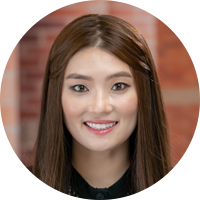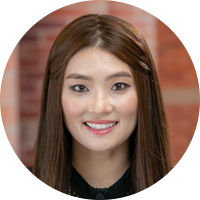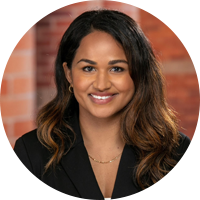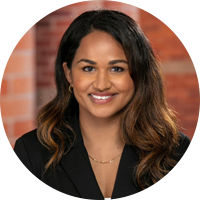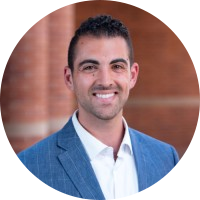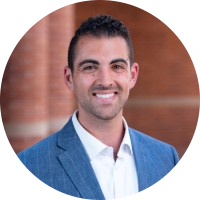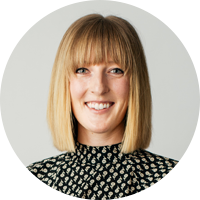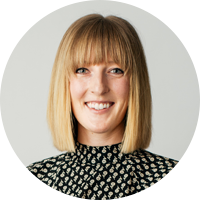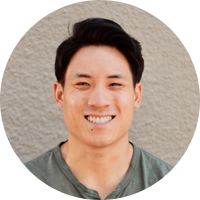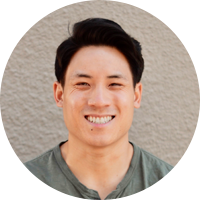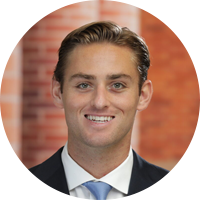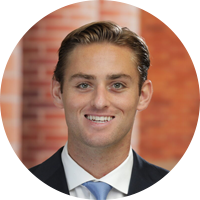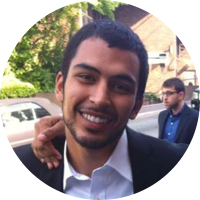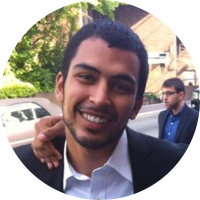What’s your new year’s resolution?
It’s a question we all get asked this time of year… and we forget the answer a few weeks later. So, let’s adopt a different perspective on start-of-the-year goals. Let’s talk about intentionality.
When we are intentional with our goals, we do not let inertia and our defaults unconsciously run the show. The path of least resistance doesn’t lead the way. We don’t miss opportunities to build and practice new habits. Rather, we see opportunities where we may not have seen them in the past. We seek guidance and accountability. We track our progress.
Actions and behavior are vital ingredients for change, but intentional change may require us to examine our mindsets. So, we want to go beneath what might seem like a rather surface-level goal. In leadership coaching, we do this by reframing “What do I want to do?” to “Who do I want to be?” We think of change as bridging the gap between where we are today and where we’d like to head.
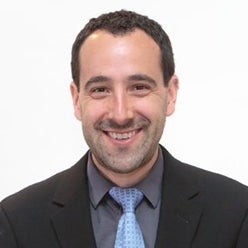
Matt Gorlick (’13) is UCLA Anderson’s executive director of student development
So, how can you put intentionality into practice? Here are some of the questions I coach students to ask, to help them move toward who they want to be … intentionally:
- What is my change goal?
- What is my change goal restated as “Who do I want to be?”
- Do I have a clear vision of the change goal? What does it look like? What do I look like?
- Where am I right now on the path to the change goal?
- What does reasonable progress look like? What’s a fair timeline that is both ambitious, but also kind to myself?
- What assumptions might be underlying the change goal, and how might I address those?
- Have I tried this before? If so, what did I learn from past experiences that may inform my path forward today?
- What mindsets, assumptions or beliefs about myself and the world might I need to revisit in order to move toward the change goal?
- What actions might I take to move toward the change goal?
- Where might I struggle? What might get in my way? What will I do about it?
- What support might I need to accomplish the change goal? Who can I ask for help?
- How will I hold myself accountable to the change goal? Who can I ask for help with accountability?
By the way, this might sound like a lot of work. And mentally and emotionally, it might be! But if it’s meaningful to you, chances are it’s worth it. Tactically, intentionality isn’t about doing a whole bunch of new things. It’s about approaching the things we already do through a new or updated lens. For example, every team meeting might be an opportunity to examine our assumptions and test behavior and mindset change.
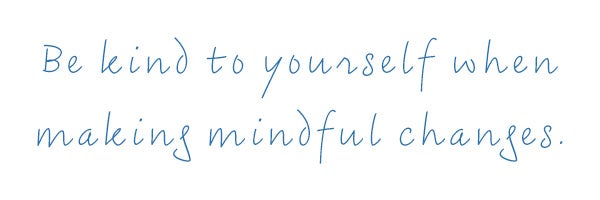
We often want instant gratification, instant progress, instant motion. You may not become the next great version of yourself overnight, but you can make progress each day. How realistic would you sound if you declared, “I want to become an astronaut, preferably by tomorrow at 9:00 a.m.”? Change takes time. Set reasonable goals. Move toward small-scale but continual progress. Our own Professor Iris Firstenberg refers to this as the “Miracle Scale” because you won’t believe what you can accomplish by taking small steps toward your bigger change goals.
Here’s how a few UCLA Anderson students think about intentionality and put it into practice:

